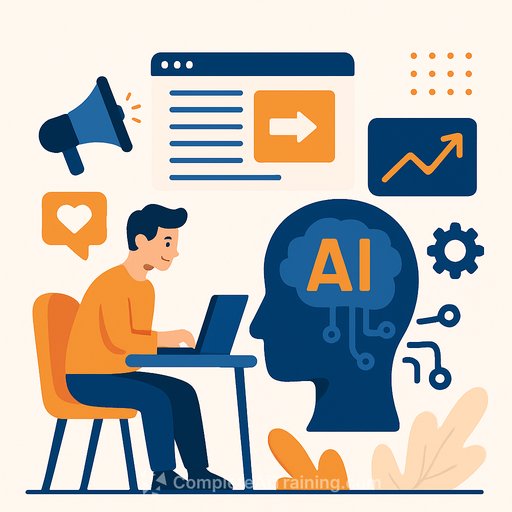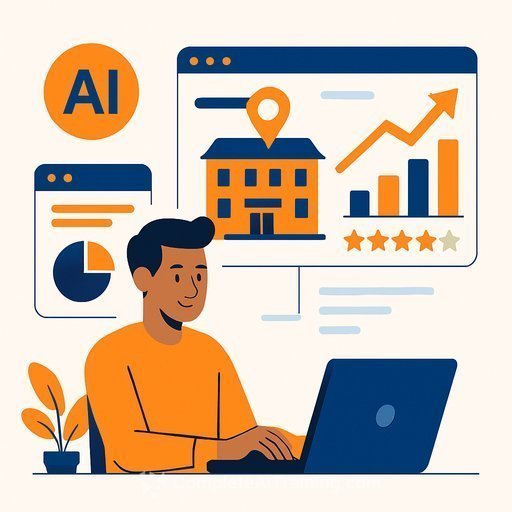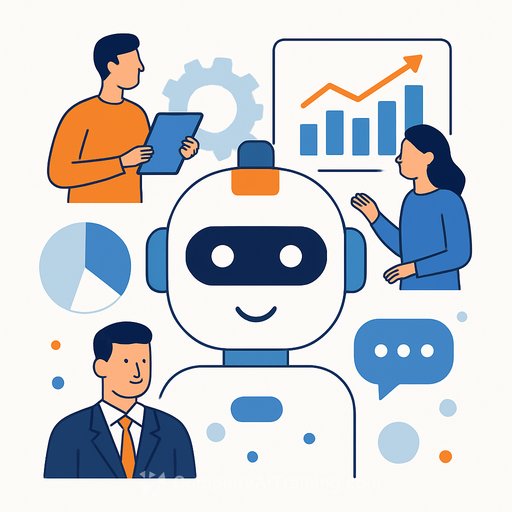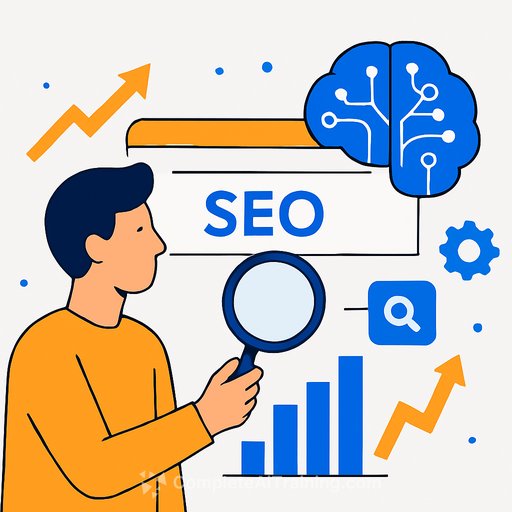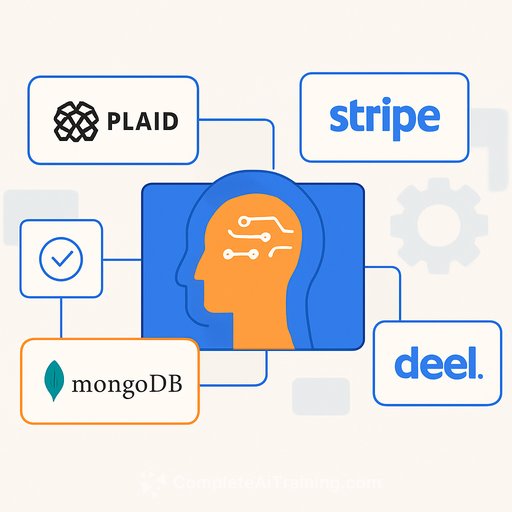What is AI in Digital Advertising?
Artificial intelligence in digital advertising uses technologies like machine learning, natural language processing, and data analytics to improve insights, automate tasks, and support strategic decisions. AI systems analyze customer behavior, preferences, browsing history, and buying patterns. With this data, they deliver automated, highly personalized ads that enhance campaign performance while reducing costs.
AI can also send personalized responses triggered by customer actions on websites, ads, or promotional messages. Over time, it adapts and improves through continuous feedback and new insights. While AI automates many advertising tasks once done manually, it doesn't replace human creativity and judgment.
Human creativity remains essential to add emotion and build customer trust in brand messages.
What are the AI Tools Widely Used in Digital Advertising?
AI tools in digital advertising are being adopted rapidly across various business models like B2B, B2C, and D2C for effective lead generation. Here are some popular AI-powered tools marketers rely on:
- ChatGPT – 88% usage, for general and market research
- Google Gemini – 52%, for market research
- Microsoft Copilot – 44%, for research
- Jasper, Copy.ai, Writesonic – content writing tools used by 32-50%
- DALL-E, Midjourney, Leonardo AI – image generation (27-40%)
- Runway, Synthesia, Gling – video editing with automation (53-71%)
- ElevenLabs, Speechify, Murf AI – voice and narration generation (48-81%)
These tools help marketers streamline research, content creation, visual production, and customer interaction.
Pros and Cons of AI in Digital Advertising
The Pros
- Increases Productivity: Automate repetitive tasks to free time for creative work.
- Boosts Efficiency: Optimize data integration, lead management, customer responses, and behavior analysis.
- Delivers Accurate Insights: Use AI-driven analytics for better decision-making.
- Makes Personalized Ads: Tailor content and recommendations based on customer data.
- Generates Engaging Content: Create clear, engaging content across digital channels.
- Maximizes ROI: Predict buying patterns to send relevant messages and improve returns.
The Cons
- Requires Accuracy: Small data errors can lead to big mistakes affecting brand reputation.
- Need for Skilled Professionals: Expertise is necessary to effectively use AI tools.
- Ethical Concerns: Risks include data misuse, privacy violations, and hacking.
- Bias: AI depends on input data and may reflect prejudices related to age, gender, race, or culture.
- Transparency: Issues around authorship, plagiarism, and intellectual property arise with AI-generated content.
5 Latest Trends of AI in Digital Advertising
AI is now a key part of many marketing strategies. Research shows that 50% of companies using AI in advertising see significant growth in customer engagement. Here are five current trends:
Hyper-Personalization: Re-imagining the Customer Experience
Top brands analyze browsing history, behaviors, open and click rates, and purchase data using AI models. This lets them deliver personalized content, offers, and product recommendations, improving customer experience and lead nurturing. Tools like Insider, Braze, and Adobe Target help marketers tailor interactions to individual preferences.
AI-Powered Content Creation for Maximized Engagement
AI tools such as ChatGPT, Gemini, Canva, Jasper, and Runway ML are widely used to create impactful written, audio, video, and graphic content. Companies like Amazon, IBM, and Microsoft use AI to produce engaging material that connects with audiences effectively.
Predictive Analytics: A Catalyst for Successful Lead Generation
Predictive AI analyzes historical data and behaviors to forecast outcomes and score prospects likely to convert. This helps marketers allocate budgets wisely, focusing efforts on the most promising leads and avoiding wasteful spending.
AI-Enabled Ad Campaigns: Unveiling New Opportunities
Advertising platforms like LinkedIn Ads, Twitter Ads, Meta, and Google Ads use AI to manage paid campaigns. AI segments audiences by demographics, behaviors, and purchase patterns, enabling precise targeting and better results.
Voice Search and Conversational AI for Seamless Communication
AI chatbots and assistants are improving engagement by providing quick, context-aware responses to customer queries. This technology enhances interaction quality, even in complex B2B environments.
Conclusion
AI is reshaping digital advertising by automating routine tasks and providing deep insights. Tools like ChatGPT, Microsoft Copilot, Jasper, and Leonardo AI help marketers create personalized, engaging content that captures attention.
AI supports hyper-personalization, improves lead generation, opens new advertising opportunities, and enables smooth communication through conversational AI. However, human expertise remains vital to ensure ethical use, avoid bias, and maintain creativity.
For marketers looking to sharpen AI skills and stay ahead, exploring specialized training can be a smart move. Check out Complete AI Training’s courses for marketing professionals to deepen your understanding and practical use of AI tools in digital advertising.
Your membership also unlocks:

